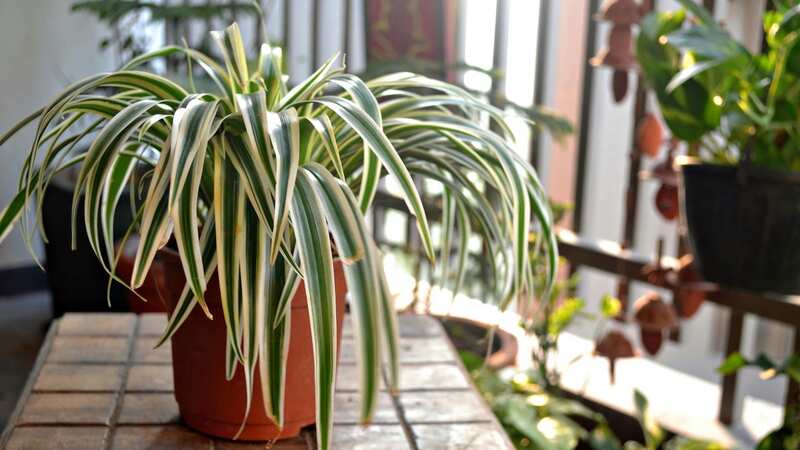Beautiful 'mould-loving' plants that banish condensation and mildew in your home

If you deal with mould in your home, you'll want to invest in one of these plants.
In the winter months, condensation and mould can be a recurring issue that many people find themselves dealing with - and neither can be ignored. The extra moisture in the home from condensation can lead to growing mildew and mould, which in turn can have negative impacts on your health and the structural integrity of your home.
For those who are prone to allergies, or suffer from respiratory issues, these health concerns can include asthma attacks and allergic reactions as well as impacting your immune system - according to the NHS. The good news is that experts have revealed five plants can help banish condensation and mould from your property for good.
Experts from gardeningexpress.co.uk have explained that there are five plants you will want to think about adding to your home that can help remove extra moisture from the air, and in turn the threat of growing mould.
Not only do these "mould-loving" plants have a practical purpose, but they are also a beautiful way for you to add some colour to your rooms - so they're all multitaskers.
 Teachers, civil servants and train drivers walk out in biggest strike in decade
Teachers, civil servants and train drivers walk out in biggest strike in decade
The first plant you should think about buying is the Spider Plant. The common houseplant only needs watering once - or a maximum of twice - a week, so it's relatively low maintenance, and it will remove "harmful pollutants in the home," the expert Chris Bonnett explained.
You should also consider buying a Snake Plant, which is the best option for those looking for a plant that requires very little maintenance, as they rarely need to be watered - instead sucking up moisture and other toxins through their chunky leaves.
Peace lilies are a beautiful addition to any home, with their delicate white flowers creating a truly zen atmosphere, and the plant will thrive in a humid spot in your home - which is also the most likely place mould will appear. These lilies don't need a lot of light either, but they can be harmful pets so the expert recommends popping them somewhere out of your animal's reach.
If your main mould trouble spots are in the kitchen or bathroom, then you may want to opt for a Boston Fern for those rooms. This is because they love humidity, but be careful not to directly overwater them, as this can damage the plant.
Finally, they recommend English Ivy - another one that can harm animals so again you need to be thoughtful about your placement of it. The bonus of ivy is that it can even get rid of "airborne mould", Bonnett claims.
Whichever plants - or combination - you go for, this can be an inexpensive way of reducing moisture in your home, something that many people will be looking out for whilst operating on a budget.
Do you have a story to tell? Email: emma.mackenzie@reachplc.com
Read more similar news:
Comments:
comments powered by Disqus

































